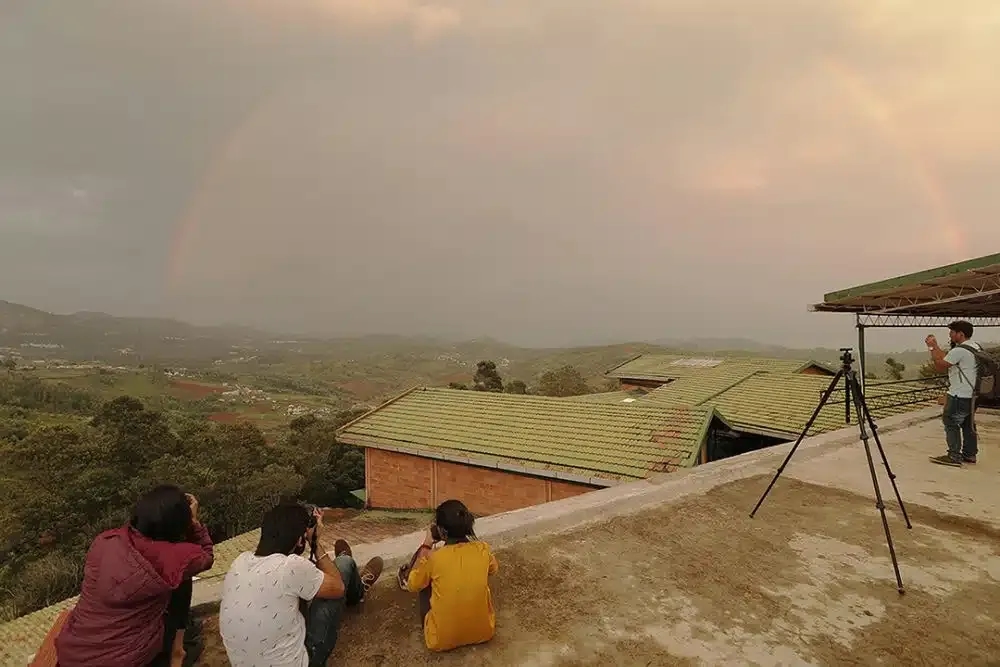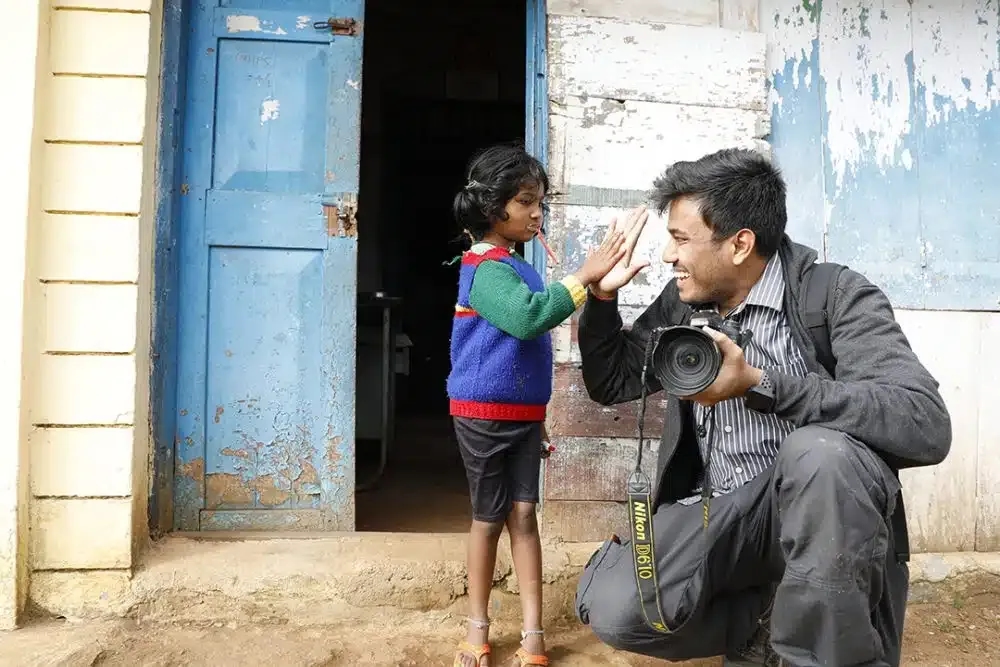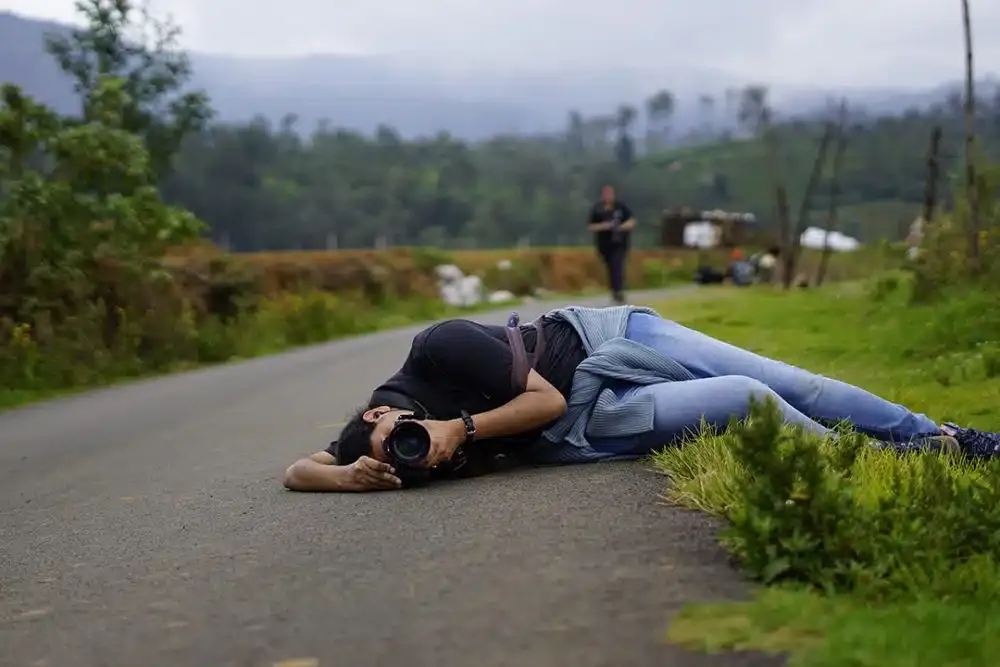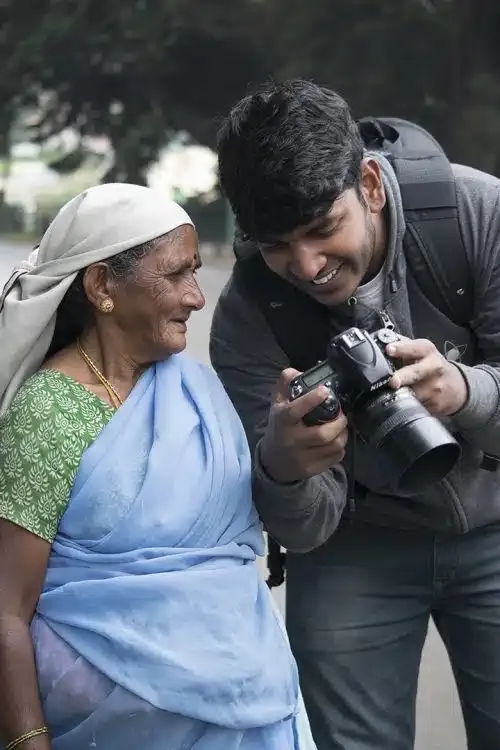Photography as therapy extends beyond the individual to create opportunities for shared experiences. Joining photography groups or sharing work on social platforms allows individuals to connect with like-minded enthusiasts, fostering a sense of community. The shared passion for photography becomes a bridge for communication, reducing feelings of isolation and contributing to an overall sense of well-being.
Let’s embrace the therapeutic benefits of photography as it offers a welcome respite from the hustle and bustle of modern life, where stress and mental health challenges have become commonplace. Through the lens, individuals discover a path to mindfulness, expressive release, and a deeper connection with the world. As more people embrace the art of capturing moments, the therapeutic potential of photography continues to unfold, providing a creative and accessible means to enhance mental well-being.





